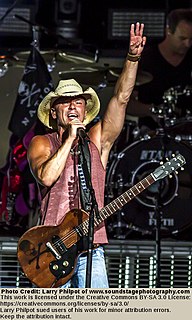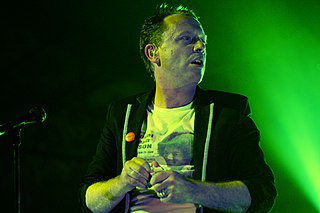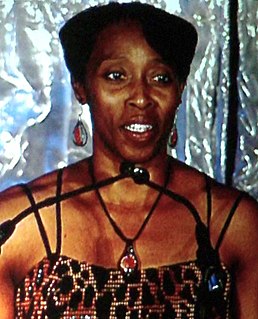A Quote by Irvine Welsh
The establishment, the newspapers, they try to create something called Scottish literature, but when people are actually going to write, they are not going to necessarily prescribe to that, they'll write what they feel.
Quote Topics
Related Quotes
The thing video games had to learn was to write, which is not to let people choose their own stuff, but actually prescribe it. To say, "This character is not a blank canvas that you can project onto. I'm going to tell you what this character is like. And I'm going to tell you what happens to them. You're going to feel involved in other ways." Video games made the mistake of thinking everything had to be projectable, and this doesn't do that at all.
If anyone e-mails you something "by George Carlin," there's a 99 percent chance I did not write it. I didn't write "Paradox Of Our Time." I didn't write "George Carlin On Aging." I didn't write a eulogy for my wife after she died. I didn't write the New Orleans thing. I didn't write "I Am A Bad American." None of them. You know what I've decided to do? I'm going to get a little cheap put-it-together-yourself website called NotMe.com.
As a songwriter, you're never off - for me, anyway. There's a certain mentality of people that decide, "Oh, we're going to try to write songs from this time of the day to this time of the day." Almost treat it like a real job. I can't do that. I've never been able to write songs like that. You never know when something creative is going to hit you, or emotion or whatever. You can take it, and turn it into something that makes somebody feel something. I love that about my job.
When you write a program, think of it primarily as a work of literature. You're trying to write something that human beings are going to read. Don't think of it primarily as something a computer is going to follow. The more effective you are at making your program readable, the more effective it's going to be: You'll understand it today, you'll understand it next week, and your successors who are going to maintain and modify it will understand it.
I think if you listen to our records, they come at different points in your life. When people say to me that Stars records have themes, I think what they mean is we write songs - or try to write songs - that are timeless. We try to write songs that catch you at the right time in your life, and that you can hold on to. We write kitchen sink songs. If you're doing the dishes or you're driving to your mom's funeral, or if you're getting over having done MDMA and you feel sad, you can listen to Stars because we're not going to demand of you that you be cool.
One of the things I always underscore when I teach criticism is that young critics, or would be critics, frequently have this illusion that if they write about music they're somehow part of music, or if they write about movies they're part of movies, or of they write about theater they're part of theater, or write about literature. Writing is a part of literature, we belong the species of literature. If you add all the music reviews together that have ever been written, they don't create two notes of music.







































